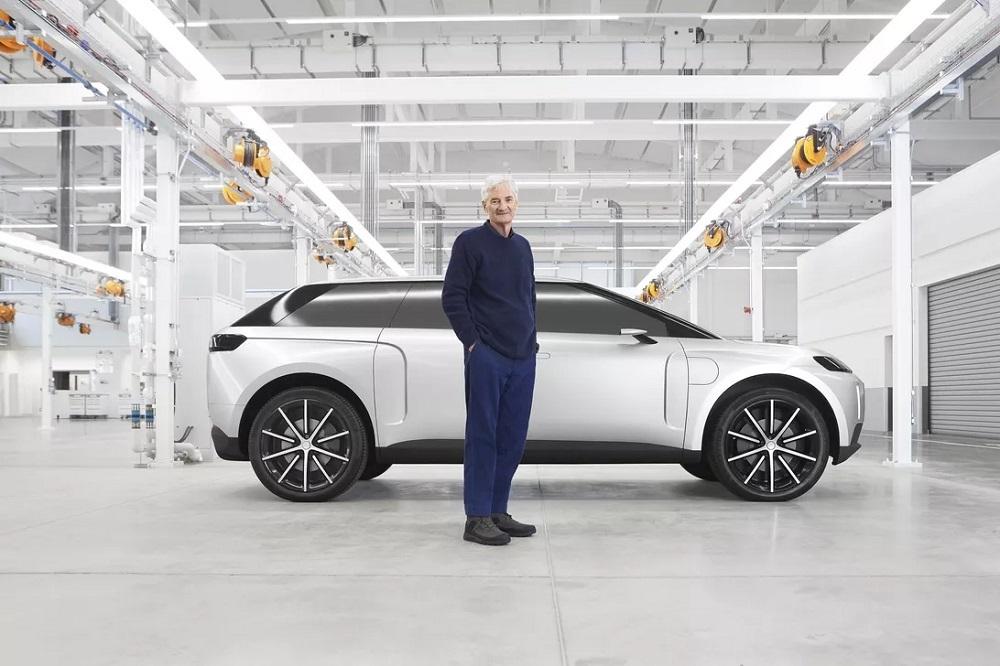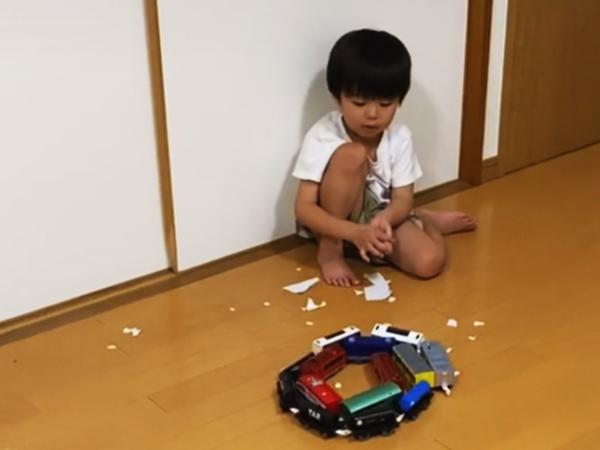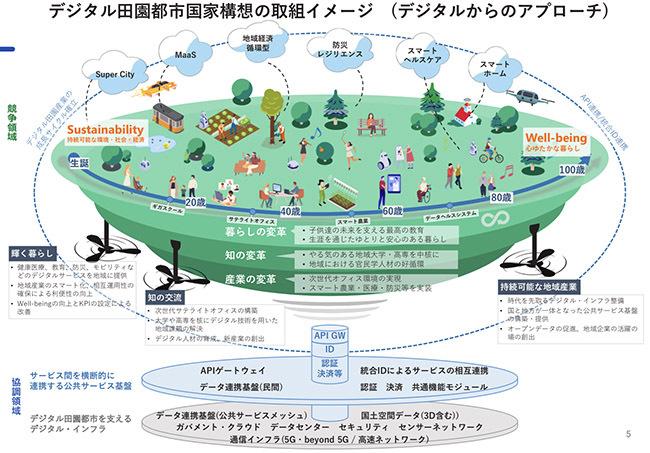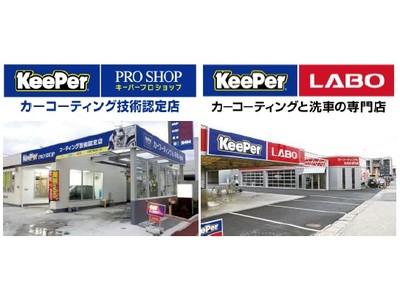James Dyson talks electric cars and the future of design
──How do you decide the categories of development products?
Well, in general, it's something we're interested in and have problems with. If we develop technology, we can solve that problem. Therefore, it means that there are points where we can differentiate ourselves, that there are things that we can do, and that there are things that we want to do. We are doing it while asking ourselves that point. But it can also be extremely random. It's like I suddenly did a hair dryer before. None of the employees did market research and did it.
──I heard that vacuum cleaners were born out of your frustration with conventional vacuum cleaners.
That's right. I've been using a vacuum cleaner at home since I was 6 years old. My father passed away early, so cleaning was my job. I just didn't like the stuff back then. After that, even after I had a family and a house of my own, the vacuum cleaner still made that loud noise and ugly smell. And yet, they haven't inhaled any dust. That's what I thought. I'm an engineer, so I thought I should do something about it myself.

When it comes to design, people can like things that are "extremely functional but look bad", and may even develop a strong attachment to them. On the other hand, if something looks great but doesn't perform very well, you'll quickly get sick of it. So this is the point. First, ensure performance. In other words, it has reliable functions and reliable technology. Appearance should come next. A truly great product is born when function is prioritized.
──It took 15 years to develop the first vacuum cleaner, and more than 5,000 prototypes were made. You were very sane doing this.
It may seem tedious, but it's actually a very interesting journey of discovery. It's like a real experience of Pilgrim's Progress. There are happy times and hard times, and I don't really feel bored at all. It's true. I'm really excited. Every time I make a prototype, I'm trying something new, and I'm always learning. Interestingly, we learn much more from failure than from success.
I've never worked for another company, so I have no idea what other people do. For example, our company does not have any engineers in the true sense of the word, so our engineers create prototypes and conduct verification tests on their own. The reason I do it that way is because I like to make things with my own hands. And second, because you know why you failed. If it's just graphs and some test results, you won't get a real sense of failure, and you won't know how to improve. And most of the time, it's a strange thing to say, that when you make something yourself, you learn how to make it better.
Looking at the "Despised"
- Isn't there a declining interest in the field of engineering these days?
You are right. Currently, more than 60% of students majoring in mechanical engineering at British universities are international students from countries other than the European Union (EU). 90% of the students doing research at graduate school are from outside the EU. In other words, the UK itself has no interest in engineering at all. When politicians talk about new projects such as high-speed railways and power supply, I really hope that they will not only talk about policy, but also about technology. They don't talk about technology at all, but it's actually a lot more important.

![[Amazon first sale] HiKOKI's cordless cleaner is 54% off for 9,999 yen Lightweight, compact and easy to clean model (1/2 page)](https://website-google-hk.oss-cn-hongkong.aliyuncs.com/drawing/article_results_9/2022/3/28/4f7e7e487efd9ef22ec68bec06535756_0.jpeg)


![[EV's simple question ③] What is good for KWH, which represents the performance of the battery?What is the difference from AH?-WEB motor magazine](https://website-google-hk.oss-cn-hongkong.aliyuncs.com/drawing/article_results_9/2022/3/9/b2506c4670f9f2cb45ffa076613c6b7d_0.jpeg)
![[How cool is the 10,000 yen range?] 1st: The performance of the "robot vacuum cleaner with water wiping function (19800 yen)" like Rumba is ...](https://website-google-hk.oss-cn-hongkong.aliyuncs.com/drawing/article_results_9/2022/3/25/5251bb14105c2bfd254c68a1386b7047_0.jpeg)

